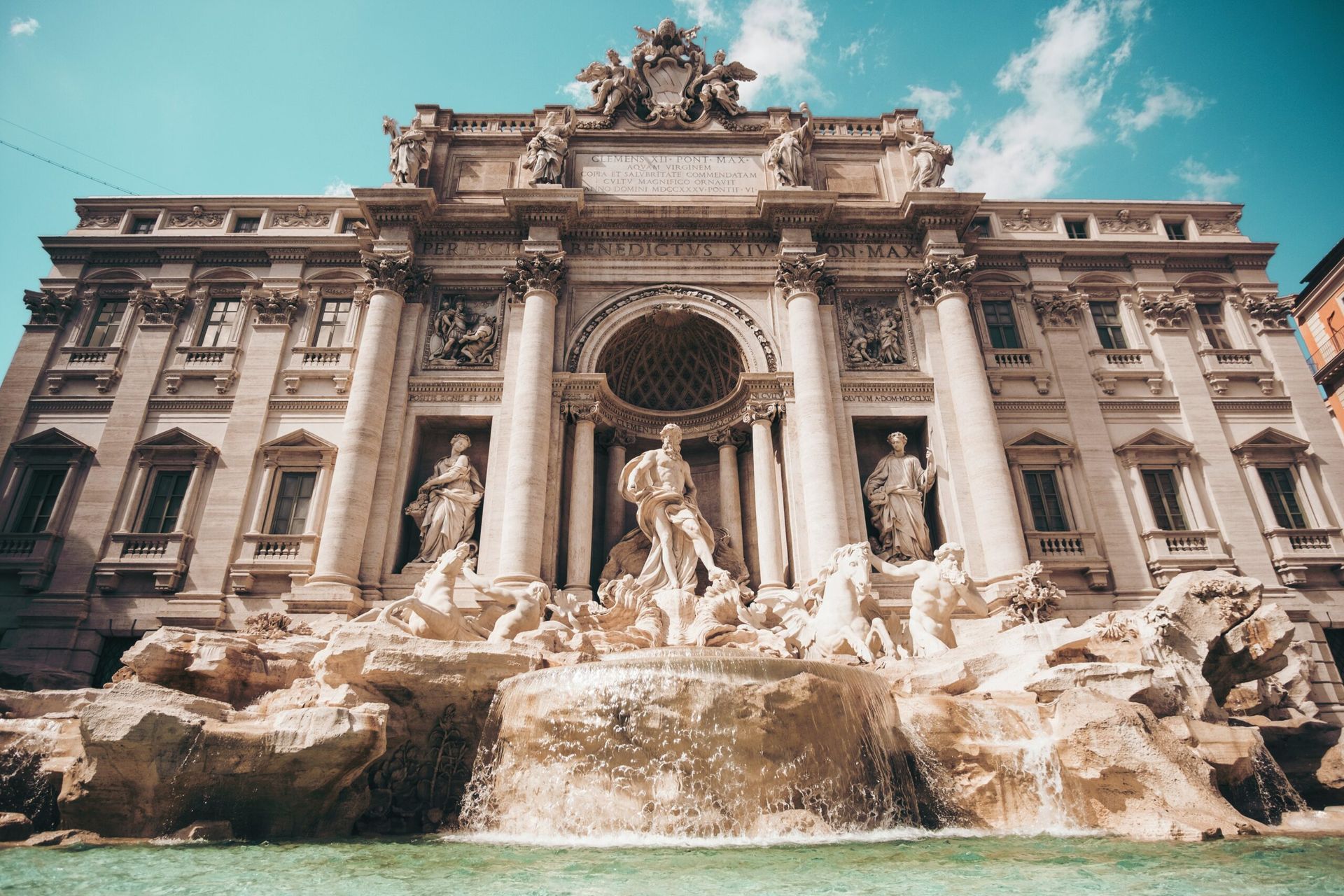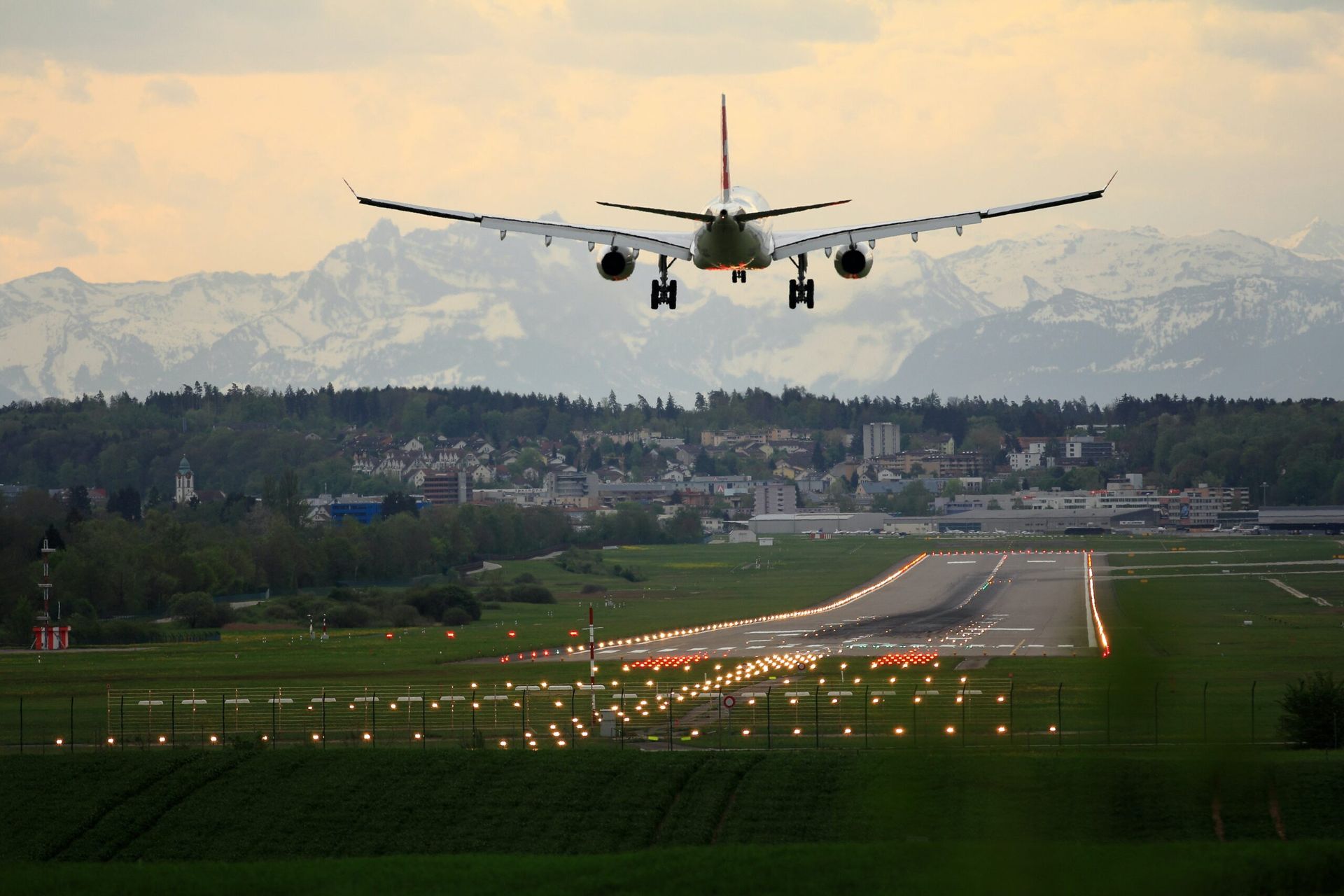A Brief Overview of the History of Religion in Italy
Italy has a long and rich history of religion, dating back to ancient times. In the Roman Empire, religion played a crucial role in society, with a pantheon of gods and goddesses worshipped and celebrated in various festivals and ceremonies.
After the fall of the Roman Empire, Christianity began to spread throughout Italy, and by the Middle Ages, the Catholic Church had become the dominant religious institution. The Papacy, based in Rome, became a powerful force in European politics, with popes wielding significant influence over kings and emperors.
Religion in Italy Today
Today, Italy remains a predominantly Catholic country, with more than 80% of the population identifying as Catholic. However, there are also significant Muslim, Jewish, and Protestant communities, as well as smaller groups of Buddhists, Hindus, and other religious traditions.
The Catholic Church continues to be a powerful force in Italian society, with many religious holidays and traditions observed throughout the year. The most important of these is Easter, which is celebrated with great fanfare and is a significant holiday across the country.
In addition to the Catholic Church, there are also several other religious institutions and organizations in Italy. These include the Italian Islamic Cultural Centre, which represents the Muslim community, and the Union of Italian Jewish Communities, which represents the Jewish community.
Challenges and Controversies
Like many countries, Italy has experienced its share of religious conflicts and controversies over the years. One of the most significant of these was the Protestant Reformation, which saw many Italian intellectuals and theologians break away from the Catholic Church in the 16th century.
More recently, there have been tensions between the Catholic Church and the Italian government over issues such as same-sex marriage and reproductive rights. Some Italian politicians have also been accused of using religious rhetoric to appeal to voters, leading to concerns about the politicization of religion.

